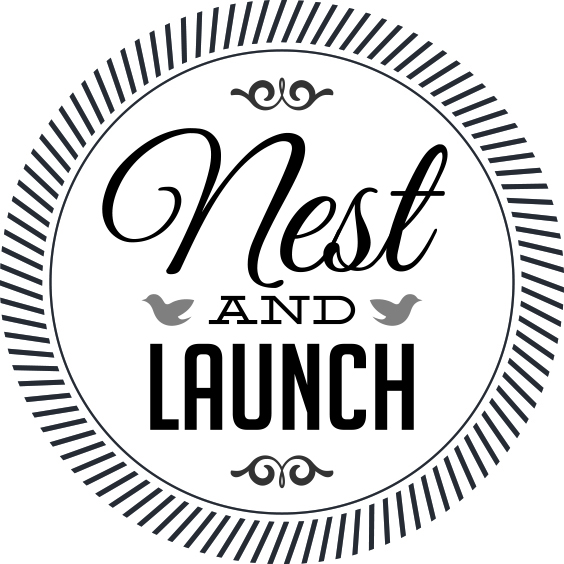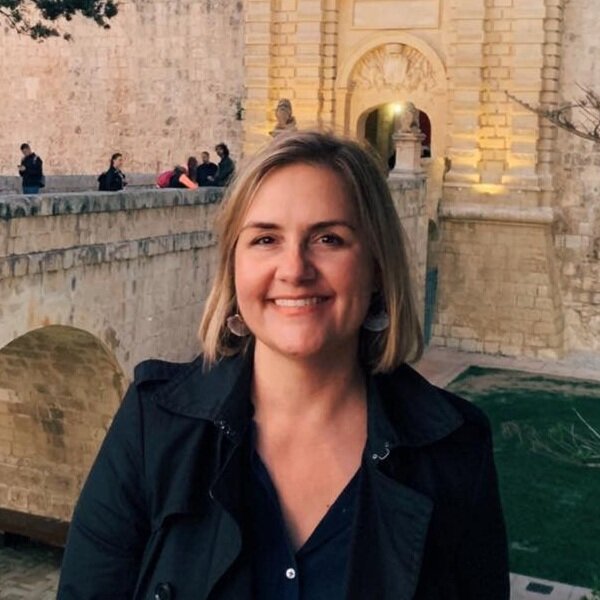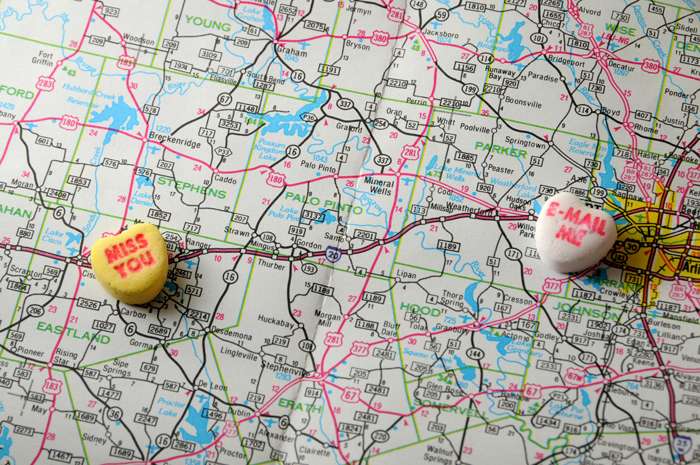The (slippery) truth
/True Story.
2nd grade, Wilson Elementary School, ancient Mrs. Olson's class.
Someone broke the playground rules and I was very concerned for the (a) fairness, (b) safety, and (c) rule breaking. (I'm an oldest child and we oldests do believe in following the rules. It's in our handbook.) I went directly to Mrs. Olson and reported the crime, fairly sure I was going to get an award or ribbon for such stellar truth-telling.
Much to my dismay, Mrs. Olson did not appreciate my vigilance at all. She transformed my truthful (and probably annoying) do-gooderism into a crime itself: tattling. Not only did she not thank me for my whistleblowing, she made me WEAR A TATTLE TAIL for the rest of the day. I was devastated. A tattle-tail! A paper donkey tail, clearly labeled "tattle tail," pinned to my behind, all day long. Oh, the shame.
And so my education in the nuances of truth-telling began.
Lesson one: it turns out people do not always want you to tell the truth.
. . .
Honesty is important to most people (98%, according to one study...and just who are those 2% anyway?) and I would say it's especially true of parents of big kids and teens. Honesty is the scaffolding of trust, right? And trust is, in turn, the currency of the mid-stage parent-child relationship. (Buckle your seat belts, folks, I'm mixing metaphors with abandon!)
New York magazine's article "Learning to Lie" by Po Bronson is a lively round-up of the current research on kids & how they learn honesty/lying. The whole thing's a good read but here are a few takeaways I gleaned:
- As with my tattling debacle, researcher Victoria Talwar found that kids generally learn to dissemble and fudge and withhold the truth from others--their parents, other adults, and peers. "We don't explictly tell them to lie but they see us do it. The see us tell the telemarketer, 'I'm just a guest here.' They see us boast and lie to smooth social relationships."
- Increasing the threat of punishment alone is actually not a very effective way of dealing with dishonesty. Talwar says that, surprisingly "kids who live in threat of ...punishment don't lie less. Instead, they become better liars, at an earlier age--learning to get caught less often." Instead, she tells parents to focus on the worth of honesty--basically emphasizing the positives of honesty rather than just punishing the negatives of lying.
- That's not to say parents shouldn't have expectations and rules for honesty. Some parents mistakenly believe that if they're more permissive, their kids will disclose more about what's happening in their lives--as if they "imagine a trade-off between being informed and being strict." But Nancy Darling found in her research that the kids who lied the least had parents who were warm, had the most conversations with their kids, and who were consistent in rule setting and enforcement in key areas of influence but who support the child's autonomy in other areas.
- Interestingly, in one study Darling found that teens were 244 percent more likely to lie than to protest a rule. As Po Bronson points out, "In the thesaurus, the antonym of honesty is lying and the opposite of arguing is agreeing. But in the minds of teenagers, that's not how it works. Really, to an adolescent, arguing is the opposite of lying." Given this tendency, parents can help teens by revisiting age-based rules now and then for renegotiation, gradually giving more autonomy.
That last bit is fascinating to me. We're a regular, garden-variety family and, yep, we've had our scrapes with dishonesty*. Sure enough, I've found that with older kids and teens, most of the time these honesty slip-ups have happened trying to cover for breaking disputed rules--ones that the kids disagreed with or thought they had outgrown. Rather than bringing it up for discussion (and possible conflict), they just went ahead and broke the rule and lied about it if needed, choosing peace (or at least avoiding conflict) over honesty.
Come to think of it, isn't that what Mrs. Olson's 2nd grade tattle-tail curriculum taught, too?
*Here's where writing about mid-stage parenting is much trickier that writing/venting about the littles stage. My kids can read! Their friends can, too! So no vivid tales here, sorry. Just know that you would laugh and nod in recognition at the tangled webs of deceit I have detected with my super-spidey Mama powers. You, too?


















